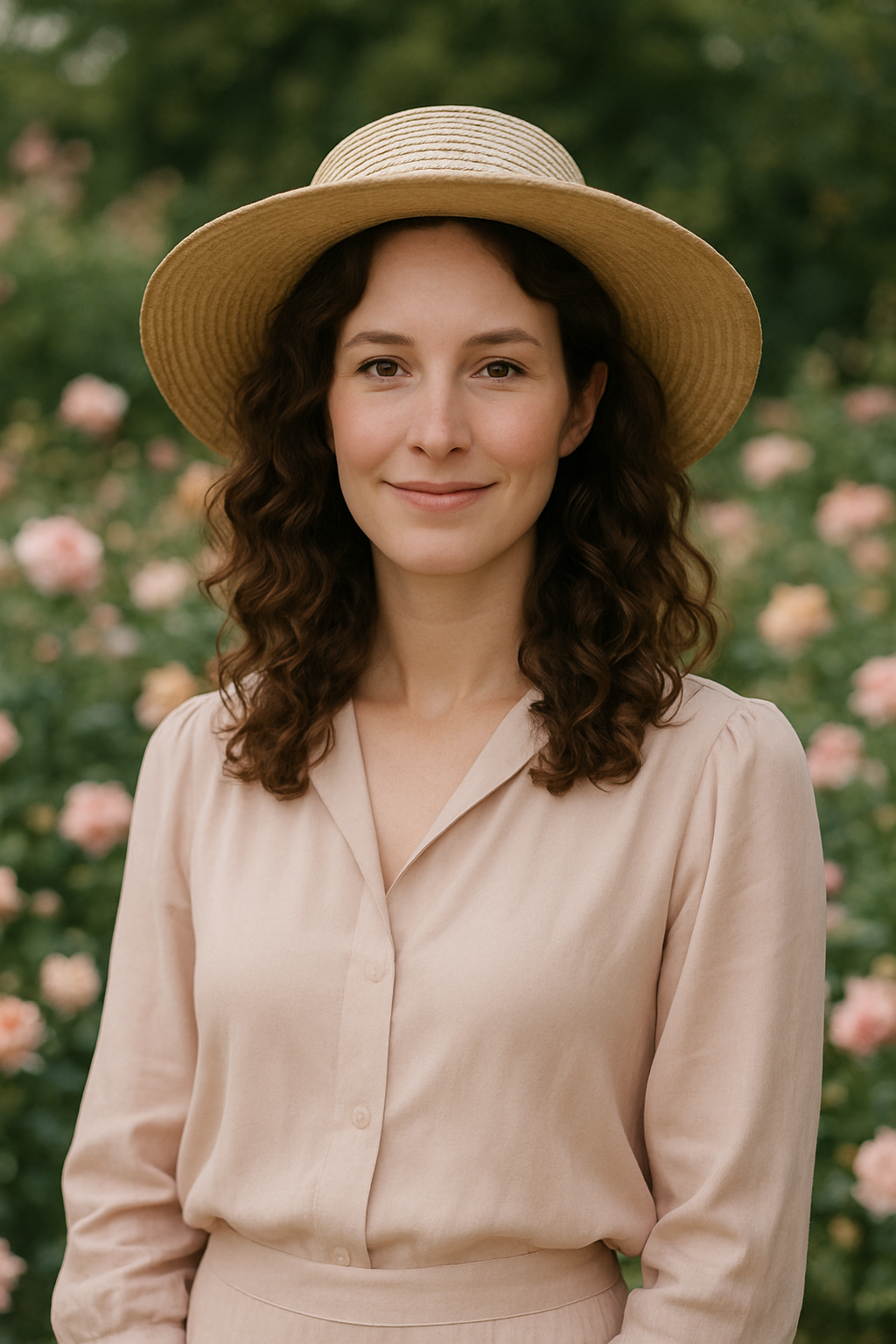
Starting a dahlia garden is one of the most rewarding journeys I’ve ever taken. I still remember the thrill of digging into my first package of dahlia tubers, each one full of promise and potential. For anyone new to growing dahlias, finding the right tubers can feel a little overwhelming.
But don’t worry you’re not alone. I’m Flora Lane, and I’ve spent years learning what makes a great dahlia tuber and where to find them. Today, I’m here to walk you through exactly where to buy dahlia tubers, how to choose the best ones for your garden, and how to set yourself up for a blooming success. Let’s get started so you can enjoy those gorgeous, vibrant flowers that make every gardener’s heart sing.
Understanding Dahlia Tubers
What Are Dahlia Tubers?
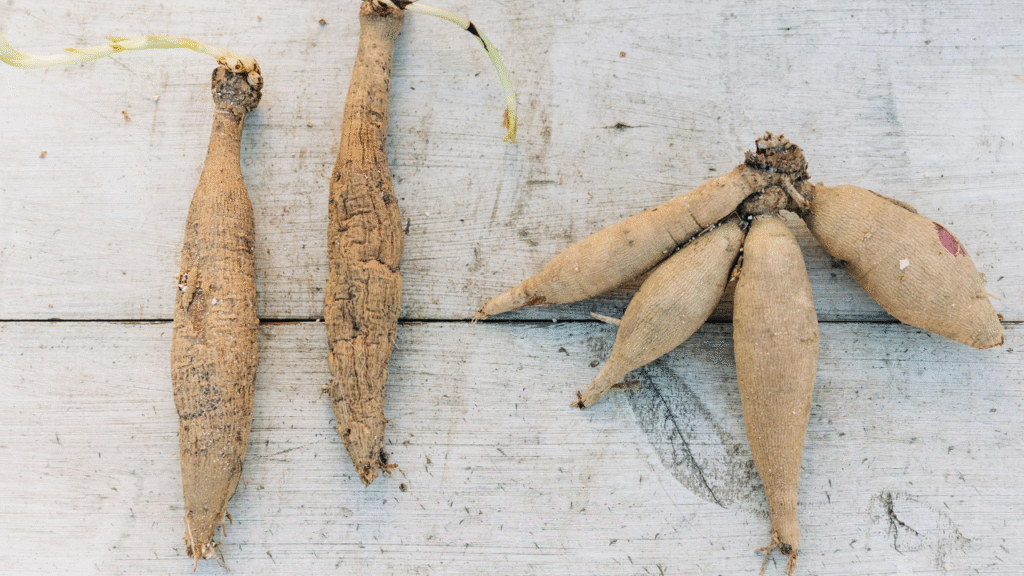
When I first started gardening dahlias, I remember being curious and a little confused about what exactly dahlia tubers were. Simply put, they’re the thick, fleshy parts of the plant’s root system that store all the energy needed for new growth. Imagine them as little treasure chests underground, packed with everything the plant needs to burst to life come spring.
Each tuber has tiny buds called “eyes” that will sprout new stems and leaves once you plant them. Holding a healthy dahlia tuber feels like holding a promise a promise of vibrant, beautiful flowers ready to brighten your garden.
Image suggestion: Close-up photo of healthy dahlia tubers with visible eyes.
How Dahlia Tubers Differ from Dahlia Bulbs
One question I get a lot is, “Are dahlia tubers the same as bulbs?” It’s easy to see why both grow underground and store nutrients but the answer is no.
Bulbs, like those of tulips or daffodils, are layered structures protecting the baby plant inside. Tubers, in contrast, are swollen stems that store energy in a solid form without layers.
Knowing this difference helps you shop smarter. When you search for dahlia tubers, you’re making sure you get the right plant part to grow those stunning flowers!
Image suggestion: Diagram or comparison image showing difference between bulbs and tubers.
Types of Dahlia Tubers Available for Purchase
Popular Dahlia Varieties to Consider
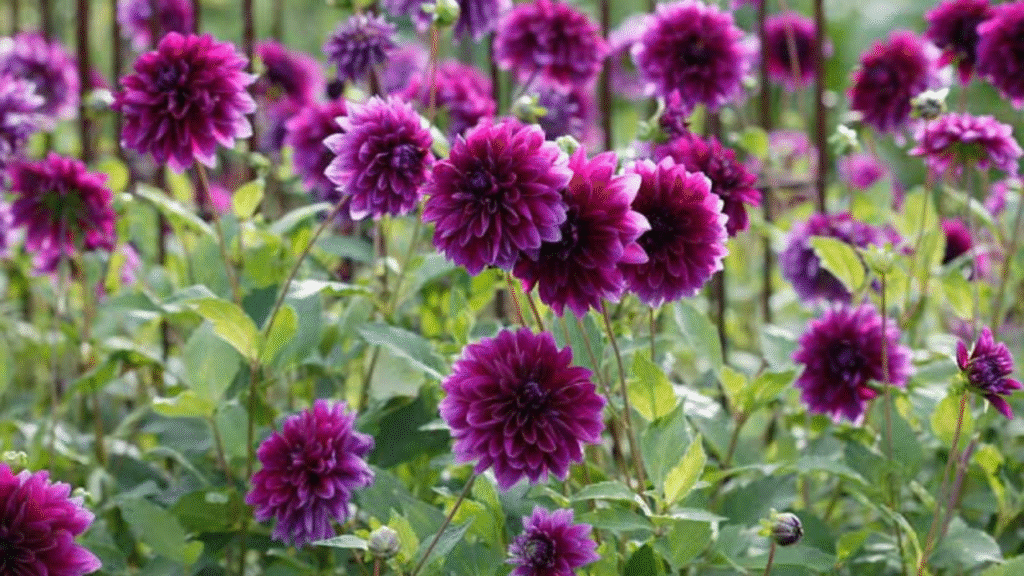
Dahlias come in so many gorgeous shapes and colors it’s like a candy store for gardeners! If you’re new to growing dahlias, here are some favorites that I find especially rewarding:
| Variety | Bloom Size | Colors Available | Growth Habit |
|---|---|---|---|
| Dinnerplate Dahlia | 8-12 inches | Reds, pinks, yellows | Large and bushy |
| Pompon Dahlia | 2-3 inches | Pastels, bright hues | Compact and tidy |
| Cactus Dahlia | Medium | Bold reds, oranges | Spiky, dramatic petals |
| Ball Dahlia | 4-6 inches | Wide color variety | Rounded, dense blooms |
From the dramatic Dinnerplates that steal the show to the charming Pompons that fit perfectly in small spaces, there’s a dahlia for every garden.
Image suggestion: Collage of the four dahlia varieties with bloom close-ups.
Choosing the Right Dahlia Tubers for Your Garden
When picking tubers, I always think about a few important things:
- Where I live: Different dahlias thrive in different climates, so knowing your USDA zone helps a lot.
- How much space I have: Big tubers grow into big plants, so if your garden is small, choosing smaller varieties is smart.
- Why I’m growing them: For cutting fresh bouquets or just for garden beauty? Some varieties last longer in vases.
- Tubers’ health: I pick only firm tubers with clear “eyes” and no soft spots or mold.
Starting with just a few tubers is a great way to learn without feeling overwhelmed.
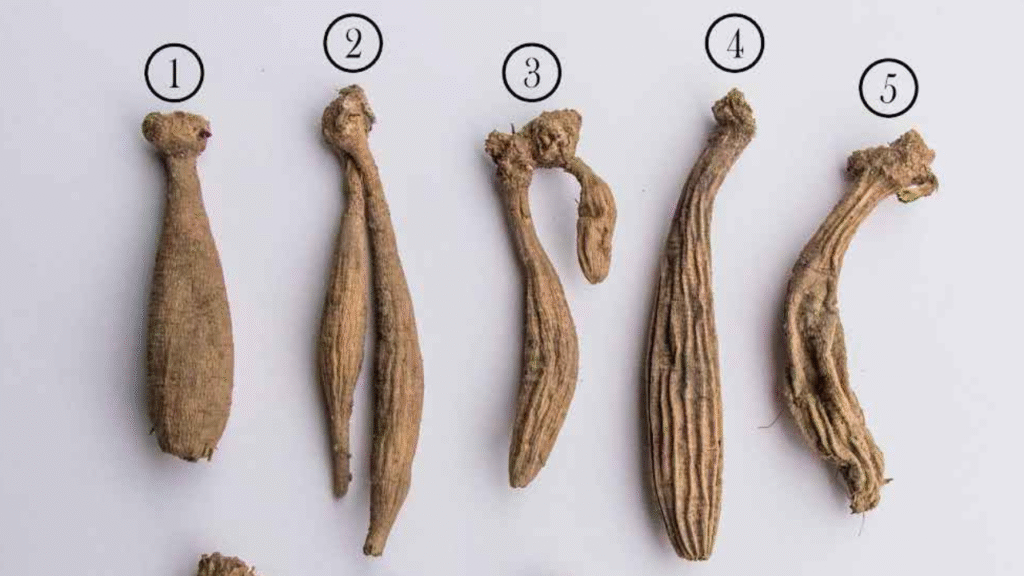
When and Where to Buy Dahlia Tubers
Best Time to Buy Dahlia Tubers for Planting
From my experience, the ideal time to buy dahlia tubers is late winter through early spring usually between February and April. This timing ensures you get fresh tubers just before planting season, ready to sprout as soon as your soil warms up.
If you live in warmer regions, you can sometimes buy and plant a little earlier. But if you’re in cooler climates, planting too soon risks frost damage, so patience is key. I like to order mine a few weeks before planting to make sure they arrive fresh and ready.
Image suggestion: Calendar graphic highlighting February to April as ideal purchase months.
Trusted Online Sources and Nurseries for Buying Dahlia Tubers
Finding reliable sellers can feel overwhelming, but here are some places I personally trust:
- The Dahlia Farm (thedahliafarm.com): Organic, high-quality tubers with plenty of variety.
- Stark Bro’s (starkbros.com): Beginner-friendly with helpful planting advice.
- Breck’s Bulbs (brecks.com): Wide selection and seasonal discounts.
- Local nurseries: Don’t forget to check nearby garden centers they often carry tubers adapted to your area.
Ordering online broadens your options, but local sellers offer personalized advice you won’t find online.
Image suggestion: Screenshot or logos of the above online nurseries.
What to Look for When Buying Dahlia Tubers Online
Buying tubers sight unseen can be nerve-wracking, but here’s what I look for:
- Firm, plump tubers with no shriveling or softness.
- Visible eyes those little buds where new shoots will emerge.
- No signs of mold or rot.
- Good customer reviews and seller reputation.
- Clear shipping and return policies.
If you have questions, don’t hesitate to contact the seller better to ask than guess!
Image suggestion: Photo of packaged tubers arriving in the mail.
How to Order and Care for Your Dahlia Tubers
Ordering Tips: How to Ensure Quality and Freshness
Over the years, I’ve learned that ordering dahlia tubers early is key to getting the best selection. Here are a few tips from my own experience:
- Place your order well before planting season to avoid sold-out varieties.
- Buy from sellers who specialize in dahlias and have strong reputations.
- Check shipping times carefully tubers that spend too long in transit may lose vitality.
- Ask about packaging if you can; tubers need protection from moisture and bumps during shipping.
Taking these small steps helps ensure your tubers arrive healthy and ready to grow.
Storing Dahlia Tubers Before Planting
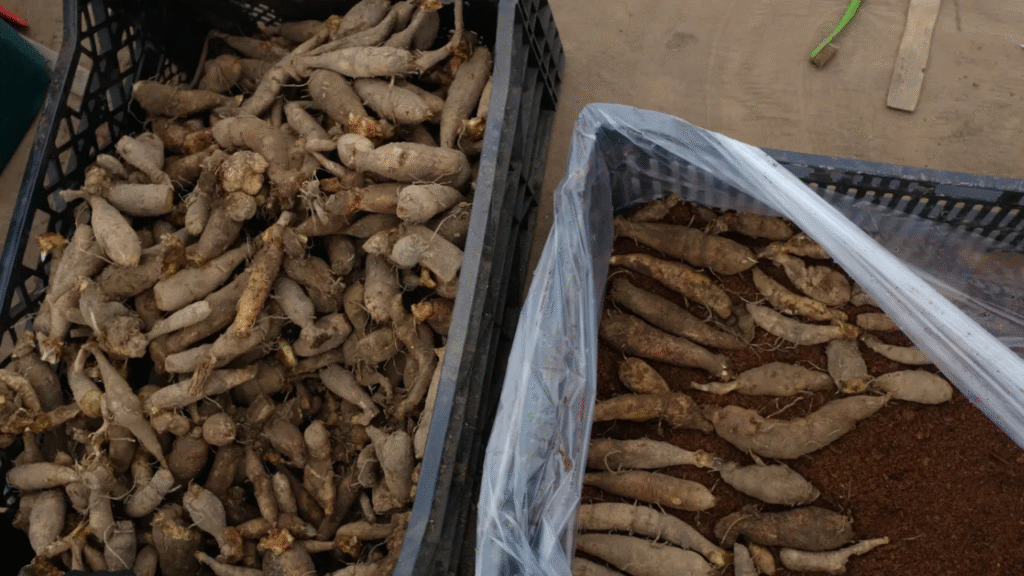
Sometimes, your tubers might arrive before it’s time to plant. In those cases, proper storage can save your investment:
- Keep them in a cool, dry place ideally between 50-60°F.
- Store tubers in breathable containers like paper bags or cardboard boxes to prevent moisture buildup.
- Avoid plastic bags or sealed containers that trap humidity and encourage rot.
- Check on them every couple of weeks to catch any early signs of mold or shriveling.
Treat your tubers gently during storage, and they’ll reward you with healthy growth come planting time.
Preparing Dahlia Tubers for Planting
Before planting, I like to give my tubers a little prep to set them up for success:
- Inspect each tuber carefully, trimming off any soft or moldy spots with a clean knife.
- Soak the tubers in lukewarm water for a few hours to rehydrate, especially if they look a bit dry.
- Some gardeners like to dust tubers with a fungicide powder to ward off rot; I find it helpful if you’ve had problems in the past.
- Make sure your garden soil is well-drained and warm it’s the perfect welcome mat for your tubers to start growing.
Conclusion
Buying dahlia tubers is such an exciting step in your gardening journey, and I hope my tips and stories have made it feel a little easier and a lot more inspiring. Remember, every gardener starts with those first few tubers full of hope and possibility. With a little care, patience, and the right tubers in hand, you’ll soon be surrounded by those breathtaking blooms that make all the effort worthwhile.
Don’t be afraid to experiment with different varieties and to learn as you grow. Your garden is your personal canvas, and dahlias are some of the most rewarding flowers to paint it with. I’m cheering you on every step of the way—here’s to many seasons of flourishing flowers and happy gardening!
Frequently Asked Questions About Buying Dahlia Tubers
Q1: Can I buy dahlia tubers year-round?
Most sellers offer tubers mainly from late winter through early spring, aligning with planting season. Buying off-season is rare and risks tubers that aren’t fresh.
Q2: How can I tell if a tuber is healthy and viable?
Healthy tubers are firm, plump, and have clear “eyes” or buds. Avoid any with soft spots, shriveling, or mold.
Q3: How should I store tubers if I can’t plant them right away?
Store tubers in a cool (50-60°F), dry, and well-ventilated spot, like a paper bag or cardboard box. Avoid plastic bags, which trap moisture and cause rot.

